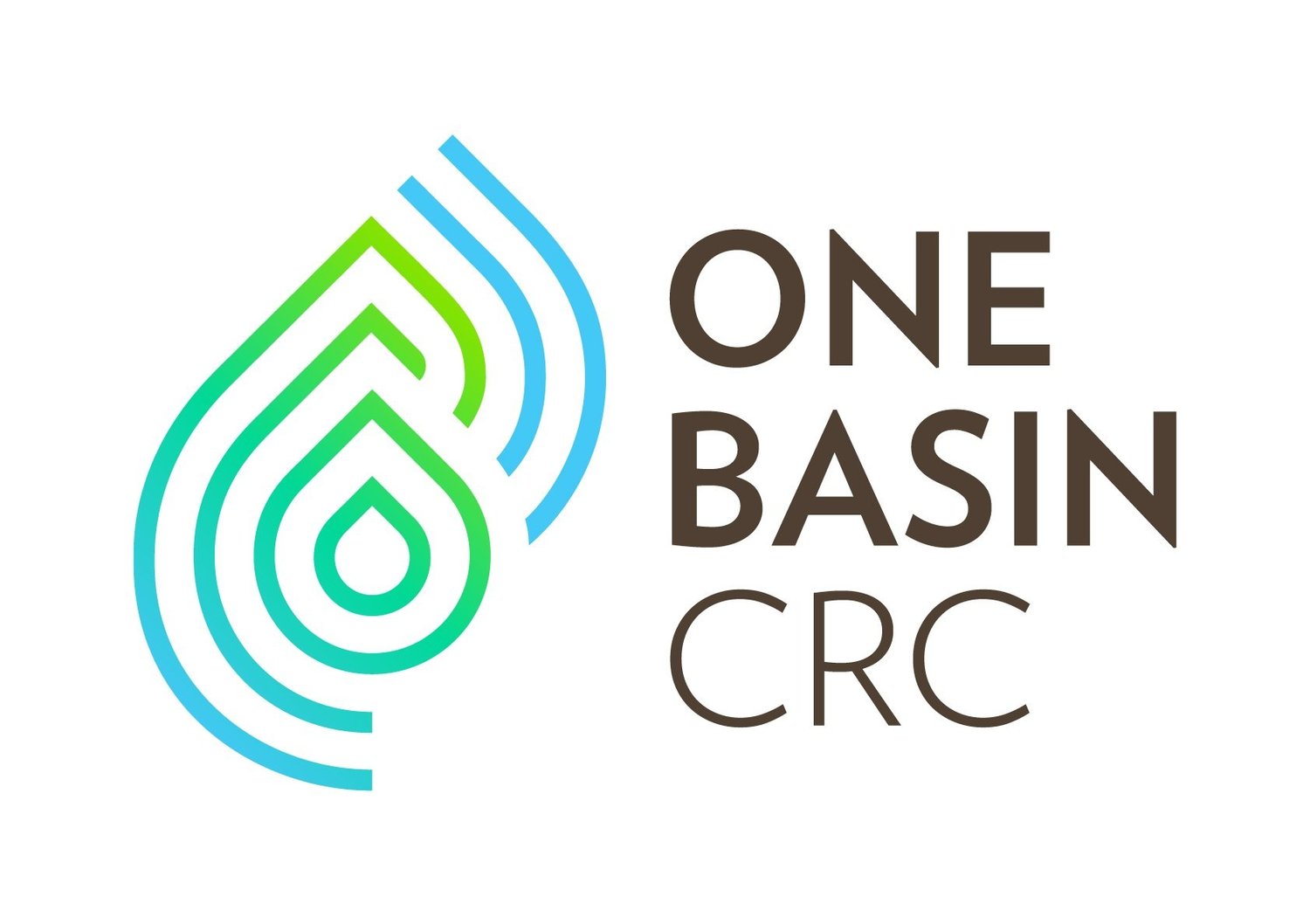One Basin March research update
One Basin CRC activity update – March 2024
The CRC has been abuzz with activity over the first few months of 2024, with a number of significant activities on the go. In particular, the One Basin leadership team met recently in Mildura to discuss activity so far and future planning. You can read more about it here.
Research activity has been building momentum across the CRC. The QuickStart projects are making significant progress (for example, you can learn about how variability in water affect communities in the northern basin here), and round 1 projects are undergoing contracting and will commence shortly (you can access a list of these projects here).
Co-design is an important aspect of our approach – it is linked to our purpose of working together, and it’s an approach which lends itself to achieving positive outcomes in complex areas such as those we are often confronted with in the Murray Darling Basin.
In late March, we held a co-design community of practice meeting, which aims to develop capability across the CRC in co-design, and which highlighted a number of commitments the CRC has made to the co-design process:
Development of a co-design guide (explored in this meeting)
Resourcing of activities in round 2 (e.g. face-to-face workshops)
Building a community of practise
Supporting additional training resources.
The community of practice is open to project leads and to interested research team members and staff from partner organisations. If you would like to join the community of practice, please email Dan Pierce.
Round 2 co-design is well underway, with workshops to be organised shortly. Each topic is described briefly below – if you’d like more information or to be involved, please contact the hub lead linked.
Accelerating the adoption of on-farm irrigated digital technologies (Katie Dunne)
An initial scoping document was developed to inform co-design of this Challenge 2 research area and was designed with support from the CRC’s partner Agri-Business Development Institute (ABDI) in late March. The report can be downloaded here, and presents the outcomes from interviews with a number of CRC partners. The primary focus of future work in this area will be to address gaps and find new opportunities for improved application of commercial digital technologies associated with irrigated agriculture. Next is a series of workshops focusing on 3 themes: digital tech, education and training, extension and advisory.
Reducing evaporative losses (Marti Beeston)
Interviews with key informed persons from CRC partners are being held to better understand interests in water savings solutions that reduce evaporative losses from water storages, an important research area for Challenge 3. The results of interviews will support the design of a workshop to explore common interests and capacity to invest in, for example, a large-scale demonstration project or experimental facility. A literature review on evaporative losses, efficacy of technologies, and barriers to adoption is underway at University of Melbourne.Building trust in socio-economic assessments (Katie Dunne)
The focus of this Challenge 4 research area is the development of methods for collecting and analysing indicators of socio-economic conditions that are accessible, meaningful and usable for those involved or interested in sustainable management of Basin resources. Scoping and co-design will include interviews with CRC industry partners and interested others and a face-to-face workshop likely in May.
River health, engagement and fisheries science programs (Kym Walton)
The CRC has run an initial workshop as part of the Native Fish Forum with a focus on what we can achieve collaboratively in fisheries science because of the CRC partnership. Further workshops are planned via video conference between April and May 2024. If you would like to be involved in this conversation, please signal your interest using this link: https://sydney.au1.qualtrics.com/jfe/form/SV_8JopDBa9rj2hJBQThe CRC is also exploring options for integrating research projects with OzFish's river health engagement activities.
Transitioning the Basin’s irrigation regions to carbon neutrality (Kym Walton)
Interviews with key informed persons from CRC partners are being held to better understand interests and opportunities for developing carbon neutral solutions relevant to the irrigation sector. The results of interviews will support the design of a workshop to explore common interests.
Fish and First Nations health (Marti Beeston)
The CRC is continuing to scope the co-design of work related to Fish and First Nations health. The intention is to prioritise engagement with First Nations groups on this topic in collaboration with our project teams and partners.
